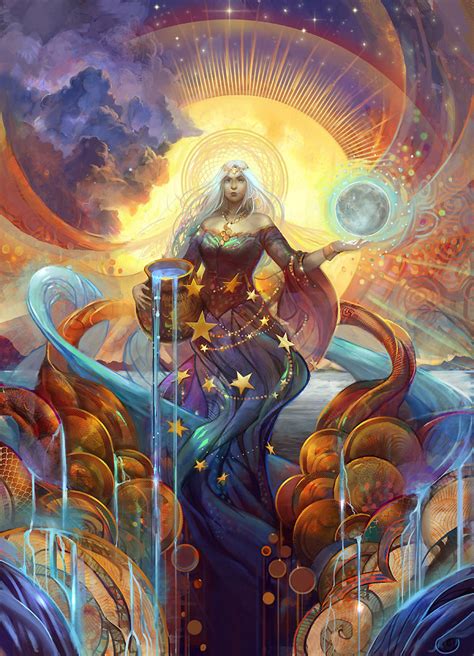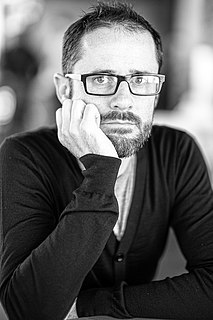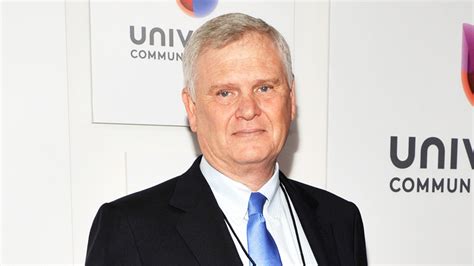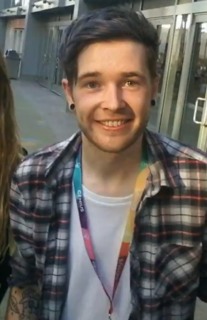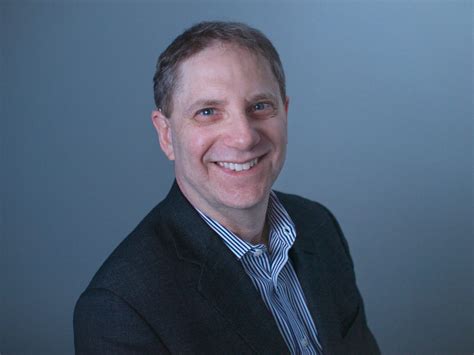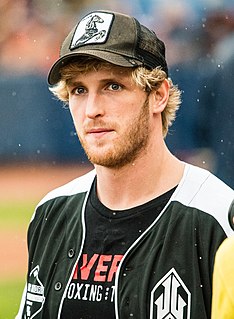A Quote by Julie Dillon
I think traditional media is vitally important, I think there are a lot of benefits to working in traditional media, and I enjoy doing working with real paint when I get the chance.
Related Quotes
Working with lots of old media clients, I've had a front-row seat on the ascension of new social players and the decline of traditional news outlets. And it's clear to me that old media has an awful lot to learn from social media, in particular in five key areas: relevance, distribution, velocity, monetization, and user experience.
PR got to be much bigger because of the emergence of digital media. Now we have hundreds of people who are, in a sense, manning embassies for Facebook and Twitter for brands. So the business in effect has morphed from pitching stories to traditional media, to working with bloggers, Twitter, Facebook and other social media, and then putting good content up on owned websites.
The traditional media does not have the kind of reporting muscle on the ground that it used to. I was very hopeful that the new digital media operations would pick up that slack, and a lot of them are trying and they're doing creative things. But none of them can scale appropriately to have enough journalistic firepower as well.
We've traditionally thought of media on this traditional left/right spectrum and most media's kind of clustered in the center and I think people have traditionally thought of HuffPost as being this kind of liberal, progressive voice and that's, you know I think they're are good reasons for thinking that. I mean it started after George W. Bush was reelected and was an answer to the Drudge Report.
